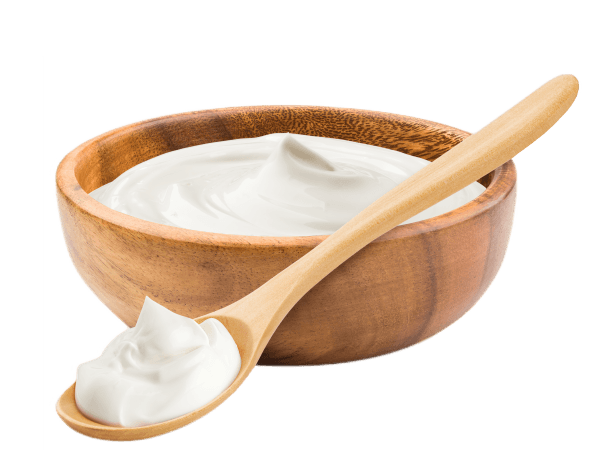Consumer acceptance of synbiotics, which are beneficial combinations of probiotics and the substances they thrive on (prebiotic substrates), is continually growing within the functional food sector. In this study, researchers aimed to understand how antibacterial manuka honey affects the growth of probiotics and the sensory aspects of potentially synbiotic yogurts made with Lactobacillus reuteri DPC16.
To evaluate this, they examined the viable count of probiotics in yogurts containing 5% w/v Manuka honey (specifically Blend, UMFTM 18+, AMFTM 15+, and AMFTM 20+) using the spread plate method over three weeks of refrigerated storage. A group of 102 consumers participated in taste tests, and their preferences were clear: the yogurt made with invert syrup was favored over the variations with manuka honey, while the unsweetened option was the least popular.
Interestingly, the yogurt sweetened with invert syrup not only appealed to consumers but also proved most effective in supporting the growth of the probiotic lactobacilli. On the other hand, the yogurts sweetened with honey displayed a more favorable profile of fermentation byproducts, particularly lactic and propionic acids. These findings were determined using nuclear magnetic resonance (NMR) analyses.
The AMFTM 15+ variant of manuka honey yogurt stood out, with probiotic counts reaching 7 log cfu/mL, surpassing both the other honey yogurt types (Manuka Blend and UMFTM 18+) and even meeting recommended threshold levels. This combination of probiotics and manuka honey has the potential to be developed into a synbiotic functional food, particularly by further enhancing sensory and physicochemical attributes like texture, apparent viscosity, and water holding capacity.
Link to article: https://www.ncbi.nlm.nih.gov/pmc/articles/PMC7023061/


